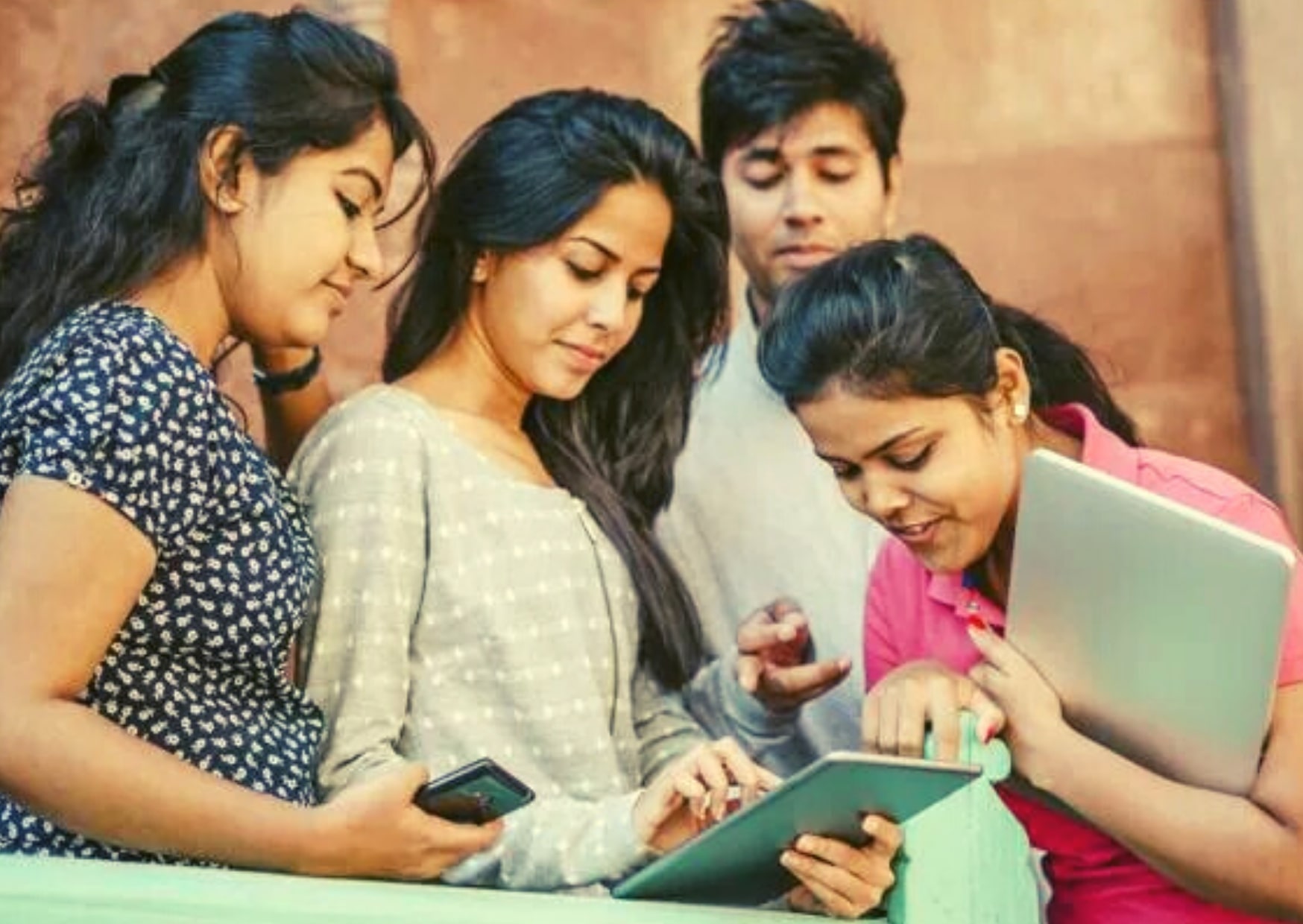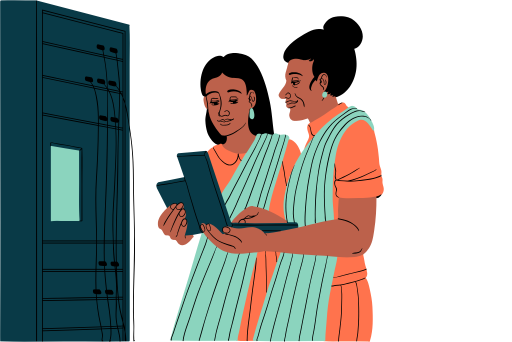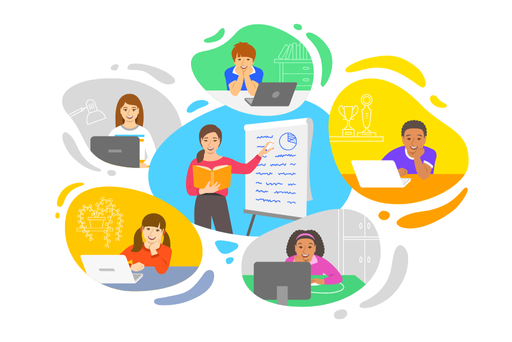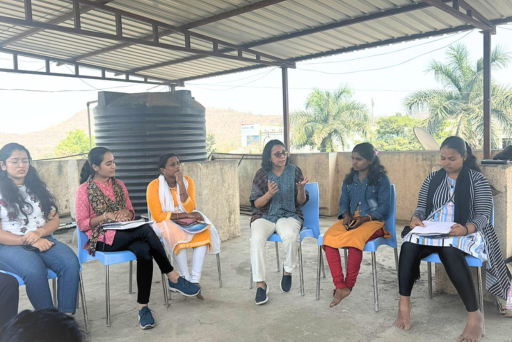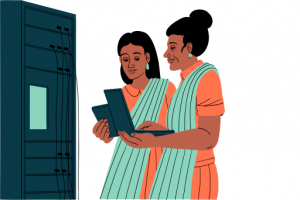According to a survey conducted by the Centre of Monitoring Indian Economy, the unemployment rate in the state of Odisha has increased by 10.7 percentage points, rising to 28.3% in April 2021. Currently, the many IT and engineering colleges in the state lack the capacity to deliver the required, future workforce and talent needed in the market today. According to the Finance Commission, Odisha is lagging behind in technology. There is a need to bridge the skilling gap. The government of Odisha is also giving immense importance to the adoption of technology and is focused on developing IT hubs in the state to positively impact the lives of citizens.
In alignment with this vision, Microsoft India, a global technology giant, the country’s leading IT company in its mission to empower every person and every organization on the planet to achieve more, has initiated a program in partnership with NIIT Foundation to provide skills training to the youth of Odisha on emerging technologies enabling them to be the workforce of the future. The program aims to enhance youth employability in the technology sector and play an active role in bridging the digital divide, The vision is to reach those students who have lesser access to future ready skills and provide them with exposure and training in evolving and recognized IT fields such as Artificial intelligence, Web Development and Data Analytics.
This initiative by Microsoft India and NIIT Foundation titled: ‘Project Future Ready Skills for the Youth of Odisha’ holds a vision to reach students who are studying in government colleges and institutions and have limited financial means to receive advanced training on emerging technologies themselves. NIIT Foundation is the implementing partner for the project. With over 15 years’ experience in skill development and employability programs, the organization will conduct the trainings and deliver the project on ground. To carry out this project, NIIT Foundation will network with colleges, engage with government authorities and mobilize and enroll students into the project. NIIT Foundation will also provide certification, monitoring and evaluation and assessment and placement support. Students enrolled in the program will undergo Change Maker sessions to inculcate an all-round development of each student enrolled in the project. During the pandemic, courses will be conducted in a hybrid delivery model and provide students with both online and offline learning opportunities.
Project Future Ready Skills aims to provide training in Artificial Intelligence, AI and Web Development, equipping students with digital skills for the demands of an evolving economy. In addition to AI and Web Development, the project also offers Hardware Networking and Career Edge IT Professional course
Microsoft India and NIIT Foundation will take Project Future Ready Skills to 25 colleges supported by the government or affiliated. It will be implemented across 5 districts in Odisha including Bhubaneswar, Raurkela, Puri, Cuttack and Sambalpur. Across these locations and colleges, we will enroll 2000 students, with 50% gender parity. The training will be offered to 2000 students at no-cost. Through career counseling sessions, mock interviews and job fairs, placement support will be provided to students.
Project Future Ready Skills was launched in the month of July 2021 in the presence of eminent government officials, colleges, Microsoft India, NIIT Foundation and all key stakeholders. It was an honor to have Dr. B.K Ray, Regional Director, RSDSDE, Odisha and Ministry of Skill Development India, Ms. Manju Dhasmana, Lead Philanthropies, and CSR, Microsoft India, Ms. Sapna Moudgil, Director, NIIT Foundation, Professor Aparajita Chowdhary, Vice Chancellor of Ramadevi University, Professor Namita Das, Director of DDCE, Utkal University and senior officials from other colleges and universities present at the event. The launch was attended by over 300 people virtually.
Project Future Ready Skills highlights the need for more private and public sector organizations to join hands and work together towards promoting digital inclusivity. Microsoft India and NIIT Foundation partnership towards this initiative showcases the need and importance of skilling youth in India. With more companies and organizations working together towards this cause, Microsoft India and NIIT Foundation hope to achieve better results.
To Know more about Microsoft India’s CSR interventions, Click on https://www.microsoft.com/en-in/philanthropies/
To Know more about NIIT Foundation, Click on https://niitfoundation.org/

